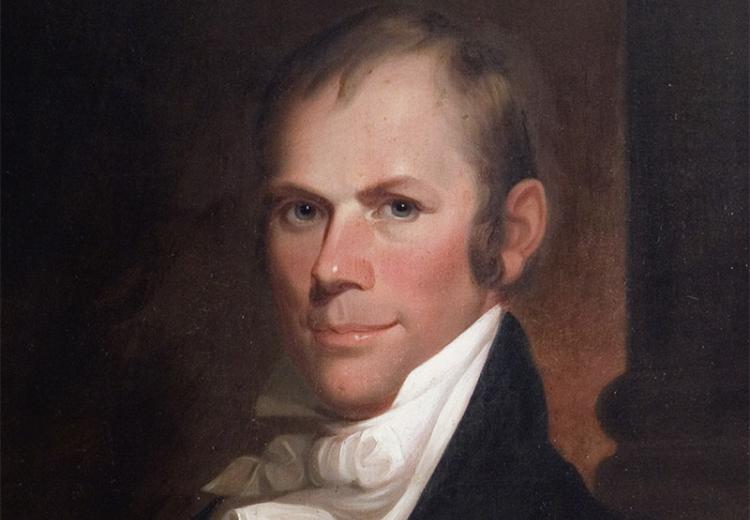Lesson 3: The Election Is in the House: Was There a Corrupt Bargain?

Henry Clay did not win the 1824 presidential election, but proved an influential dealmaker in the final outcome.
The presidential election of 1824 represents a watershed in American politics. The collapse of the Federalist Party and the illness of the "official candidate" of the Democratic-Republicans led to a slate of candidates who were all Democratic-Republicans. This led to the end of the Congressional Caucus system for nominating candidates, and eventually, the development of a new two-party system in the United States. In the election, Andrew Jackson won a plurality of both the popular and electoral vote. But John Quincy Adams became president. Four crucial elements of our election system were highlighted in the election of 1824: the nomination of candidates, the popular election of electors, the Electoral College, and the election of the president in the House when no candidate receives a majority in the Electoral College.
Guiding Questions
How did John Quincy Adams win election in 1824?
Learning Objectives
Take a stand, supported by evidence, on whether there was a "corrupt bargain" between Henry Clay and John Quincy Adams.
